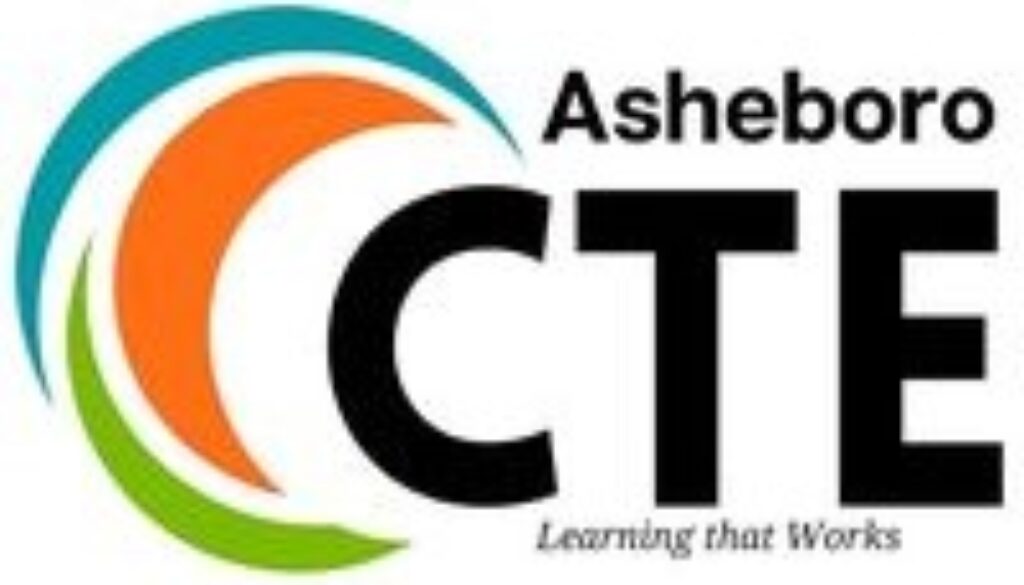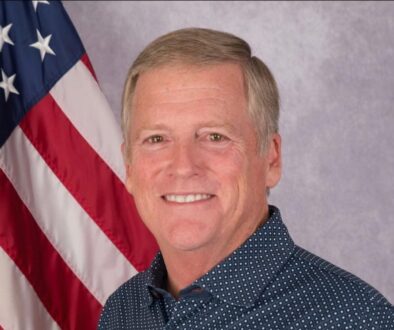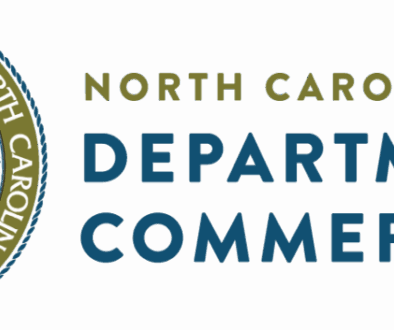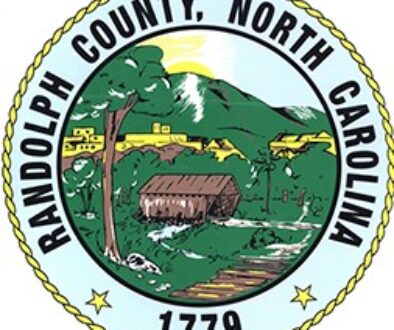Asheboro High School, RCC expand career academy offerings
ASHEBORO – Asheboro High School’s list of career academies in conjunction with Randolph Community College has grown.
The offerings have expanded to include light duty diesel, zoo horticulture, advanced manufacturing and community support services in addition to collision repair academy. The partnership between the high school and RCC began in 2018 with the automotive academy, which has been redesigned into a collision repair academy.
“It helps them step right into a job,” said Sarah Beth Cox, who’s career technical education director for Asheboro City Schools.
That brings the total to five different programs. The additional offerings, which are available for juniors and seniors, begin with the spring semester.
The advanced manufacturing program is geared toward technology and robotics. The community support services academy is designed to prepare students for careers in social services and community outreach.
The academy partnership between Asheboro High School and RCC was suspended during the pandemic before returning during the past school year.
Students are offered hands-on experience and specialized training in these fields, with the goal of preparing them for immediate entry into the workforce or post-secondary education. RCC provides free tuition to Asheboro students enrolled in these academies. The city school system supplies free transportation.
“We felt we should see about maximizing these opportunities,” Cox said. “We have a lot of students interested in these pathways. Our goal is that every student graduate with a plan.”
Students can earn a diploma or certificate recognizing their participation in the skills development.
Cox said the program “opens doors to meaningful and well-paying careers. By partnering with RCC, we are setting our students up for success in industries that need skilled workers.”
There have been 10 participants in the program when it was limited to automotive academy. Cox said it probably will take time to build enrollment in the other programs, but she said the total could grow to 60 students.
“I can imagine it will take time to build that up,” she said.
The past automotive academy in the past also had been open to sophomores, but the restructured programs are for juniors and seniors.
Generally, a student will take two classes in the academy in each semester in order to qualify for a certificate.
Cox said RCC works to hold classes that fit into convenient time frames for the high school students.
 Twitter
Twitter Facebook
Facebook Instagram
Instagram


